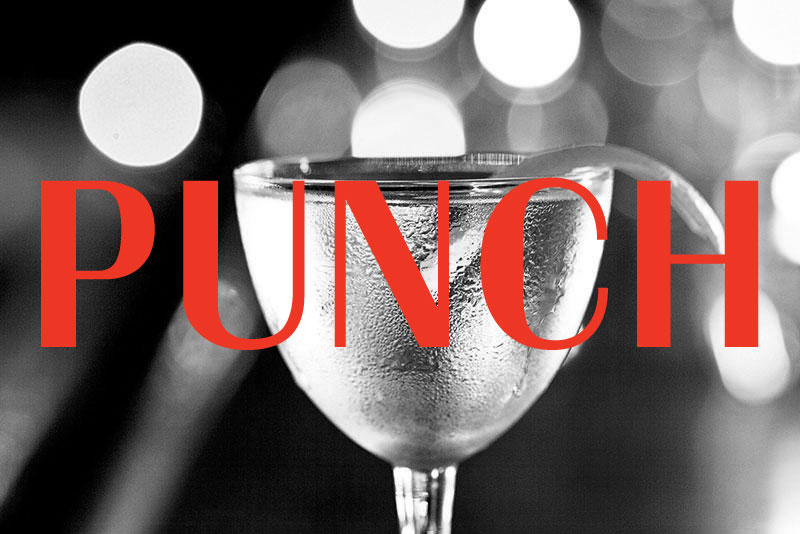
Whiskey Gets Older, Faster
At NOLA's Root Squared, bartender Max Messier is experimenting with a tool that, in mere minutes, "ages" spirits that would normally take years to create in a barrel. Roger Kamholz…
- story: Roger Kamholz
- photo: Phanatic

At NOLA's Root Squared, bartender Max Messier is experimenting with a tool that, in mere minutes, "ages" spirits that would normally take years to create in a barrel. Roger Kamholz…

For those who haven't heard, wine isn't always just sun, soil and grapes. Over at Wired, Christopher Null breaks down the steps and additives used in the production of industrial wine…

(n.) A geographic boundary wherein certain winemaking and grape-growing rules must be followed in order for the wine to carry the name of the appellation. Countries set their own regulations…

(n.) The small amount of spirit or wine that evaporates while the liquid is aging in barrels.

(n.) A close relative to neutral grain spirit, vodka is made by distilling almost anything—potatoes, grains, fruits, sugar—to above 190 proof, filtering the distillate and then bottling at more than…

(n.) Chile and Peru both lay claim to inventing this grape brandy, thought to be created some 400 years ago. There are variations, but in general, most pisco is distilled…

(n.) A Mexican spirit distilled from the agave plant with a distinctive smoky character (technically, tequila is a type of mezcal). In the 16th century, Spanish conquistadors began distilling mezcal…

(n.) This alcoholic beverage made from honey rivals beer for the distinction of oldest alcoholic beverage, with archeological evidence showing production in India, China and Europe all well over two-thousand…

(n.) A mixture of grains and water heated to encourage the extraction of grains’ fermentable sugars. Cereal grains, including barley, corn, rye and wheat, contain complex carbohydrates that can be…

(n.) Liqueurs, a flavored spirit sweetened with a sugar product, have a long and tangled history, probably dating back to (at least) 13th-century Europe, when alcohol infused with herbs was…